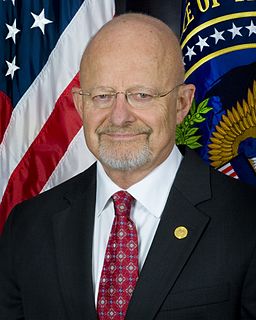A Quote by Henry Rosovsky
There is another innovation at Harvard which I think made a tremendous difference and that is the decision to try to recruit the very best person in the field for an available faculty position. In the period after World War II Harvard literally engaged in world-wide searches for the very best and created a culture in which it was simply unacceptable to hire friends and associates, to make decisions based on personal affections or inclinations.
Quote Topics
After
Another
Associates
Available
Based
Best
Best Person
Created
Culture
Decision
Decisions
Difference
Engaged
Faculty
Field
Friends
Harvard
Hire
Innovation
Literally
Made
Make
Period
Person
Personal
Position
Recruit
Simply
Think
Tremendous
Try
Unacceptable
Very
War
Which
Wide
World
World War
World War I
World War II
Related Quotes
It's important to remember that World War II was experienced very much as a continuity in that sense. Most of World War II in most of Europe wasn't a war; it was an occupation. The war was at the beginning and the end, except in Germany and the Soviet Union, and even there really only at the end. So the rest of time it's an occupation, which in some ways was experienced as an extension of the interwar period. World War II was simply an extreme form, in a whole new key, of the disruption of normal life that began in 1914.
It's very important to understand that World War II is at the base of this new policy. From the 1890s on, the U.S. was always imperialistic. We went after the Philippines, and we did the same in Cuba, in Hawaii. We controlled South America. Woodrow Wilson was not what he was supposed to be. He was very much a white man first. "The world must be made safe for democracy." It really accelerates after World War II.
As a Scot, I instinctively feel a sympathy towards a culture which is based on generosity. It's very refreshing. Afghans think they're the best people in the world and their country is the best place in the world, and it's strange because you go there and it doesn't really look like it, and yet they assume that everybody else envies them.
The president sets the tone. He creates the atmosphere, and that can be enlightened, progressive, or it can be intimidating, depending on what the president's agenda is. I think the other dimension of this that I worry about is impacts overseas with friends and allies, many of whom are very, very concerned about America's position in the world and whether or not it's going to continue its leadership, which has been the prevalent condition since World War II.
I got a PhD from Harvard and a few years later, there was a girl from Sunderland who hadn't got into Oxford or Cambridge, even though she'd got perfect A-levels. Harvard asked me to come and recruit her because I was recruited out of university by Harvard - they were trying to show that people could make it.
I don't feel I was 'born American,' but my homeland was denied to me after the end of World War II, and I craved something I could identify with. When I became a student at Harvard in the 1950s, America very quickly filled the vacuum. I felt I was American, but I think it's more revealing of America how quickly others here accepted me.
[My father] was a banker. He was the president of the Cambridge Trust Company, the head of the trust department, and he taught classes at the Harvard Business School. And he was a member of the Harvard Faculty Club, which I am, too, because what I did is... I have the same name as my father, only Jr.
America felt victorious and generous after World War II. They had also learned from the mistakes after World War I when they imposed punishment on Germany. What became of Germany? A Nazi dictatorship which threatened the world. Today's Germany doesn't feel as prosperous and generous as America then. But actually, Germany still is very prosperous.
































